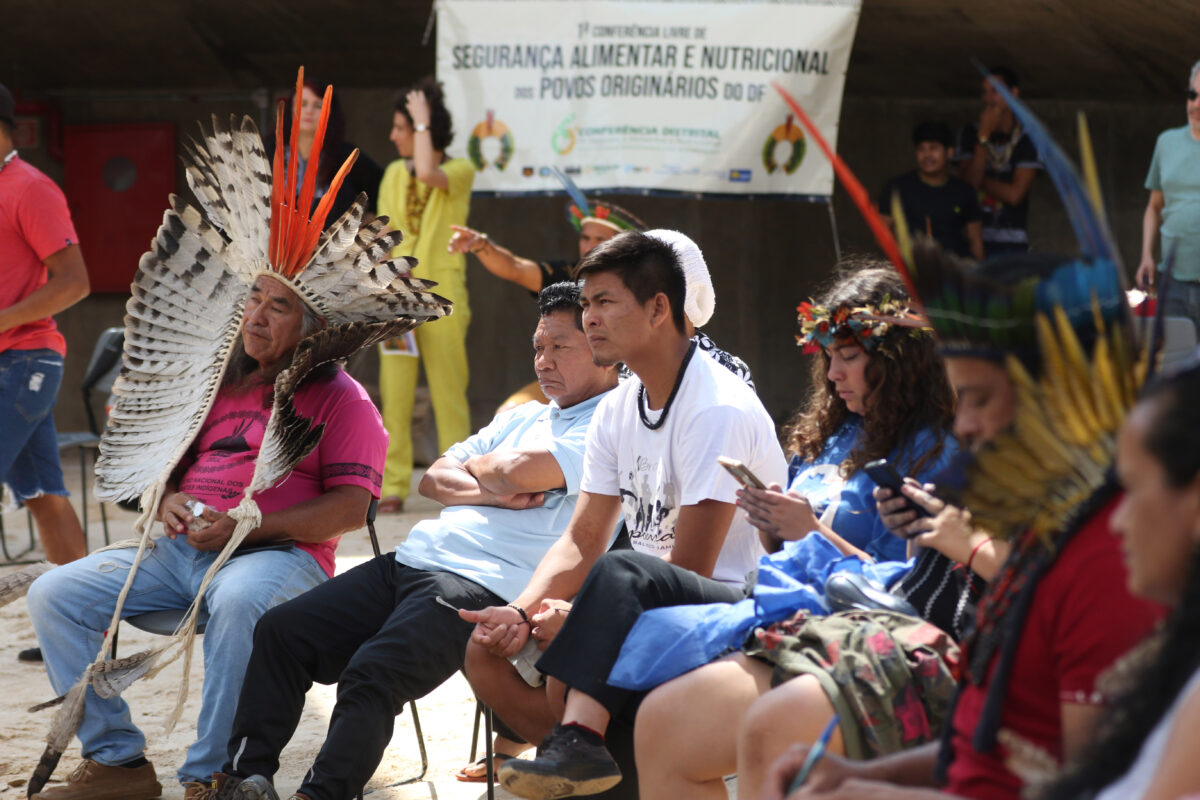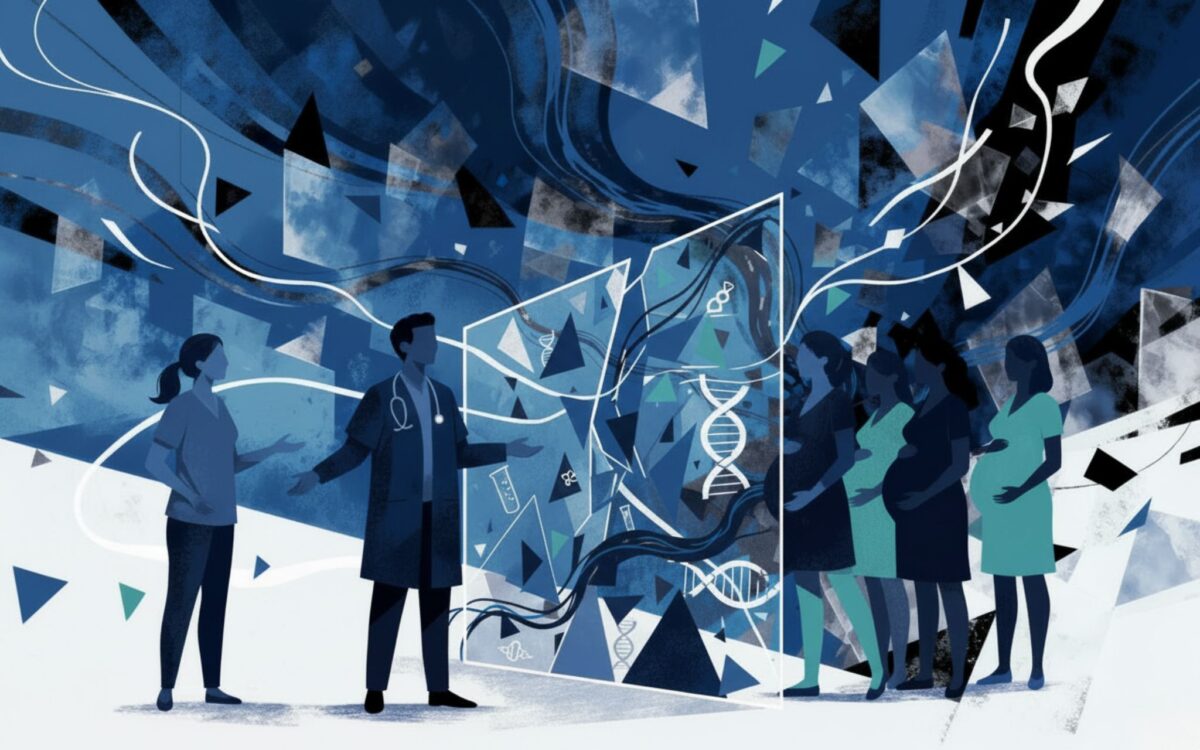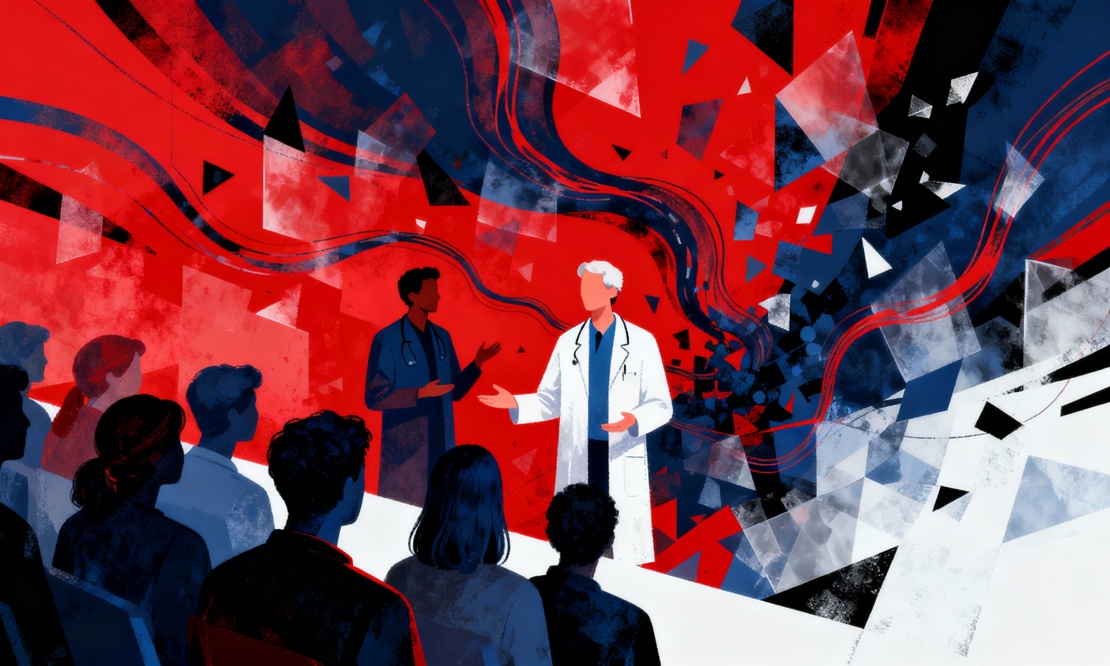 #News
#News
Post-pandemic challenges
In a new book, scientists discuss health in Latin America during the pandemic and the emergence of new social obstacles and problems in the region
 Photo: José Cruz/Agência Brasil
Photo: José Cruz/Agência Brasil
Latin America and the Caribbean have seen a decline in well-being and an increase in poverty since 2015. The COVID-19 pandemic exacerbated the situation, triggering a multidimensional crisis characterized by fragile economic, social, and health policies and reflected in reduced levels of economic growth and job creation, increased inflationary pressures—most strongly felt in rising food and energy prices—and significantly lower investment in areas such as health and the environment.
To change the situation, countries in the region will have to work together to collectively achieve the United Nations (UN) Sustainable Development Goals (SDGs) for 2020 to 2030 “through diplomatic, political, scientific, inclusive, supportive, and equitable means,” stressed Paulo Buss, head of the Center for International Relations at the Oswaldo Cruz Foundation (CRIS-FIOCRUZ), at a virtual seminar held in November for the launch of the book Perspectivas y desafíos en un escenario post pandemia: fortaleciendo alianzas de salud global en América Latina y el Caribe (Post-pandemic perspectives and challenges: Strengthening global health alliances in Latin America and the Caribbean).
Edited by the Latin American Alliance for Global Health (ALASAG) with support from CRIS-FIOCRUZ, the book (available in PDF) is a collection of articles written in Portuguese and Spanish by 20 Latin American experts, based on content presented at the VII Latin American Congress on Global Health, held in Santiago, Chile, in November 2022.
The articles present discussions and analyses of the health situations faced in Latin America during the pandemic and the emergence of new social challenges and problems in the region, such as climate change and food insecurity, among other factors increasing existing inequalities in Latin-American communities.
Buss wrote two of the articles in the book. In one, coauthored with Dr. Giorgio Solimano of the University of Chile’s School of Medicine, he presents the key characteristics of the various crises in the region, based on data from the Economic Commission for Latin America and the Caribbean (ECLAC).
According to Buss, the pandemic exposed weaknesses in economic, social, and health policies in the region, resulting in insufficient capacities to deal with the health emergency, the fragmentation of public policies, and failures in communication with the public.
“The difficulties were made worse in countries with fragile social protection systems and underfunded public health systems,” explains Paulo Buss, from FIOCRUZ.
The result has been an increase in poverty rates to above pre-pandemic levels. It is estimated that 32.1% of the region’s population (201 million people) lived in poverty in 2022, while 13.1% (82 million people) lived in extreme poverty.
“Compared to the pre-pandemic years, this is an increase of approximately 15 million people in poverty and 12 million in extreme poverty in the region,” emphasized the scientist. “The situation primarily affects children, women aged 20 to 59, Indigenous people, and people of African descent.”
With 8.4% of the world’s population, the Latin America and Caribbean region was also one of the most heavily affected by the pandemic, with 34% of global COVID-19 cases and 28% of all deaths from the disease.
“The informality of the labor markets, the impossible nature of social distancing, and the overcrowding of favelas in Brazil and Argentina, in addition to the slow and hesitant reaction of some political leaders in the region, contributed to the high number of cases and deaths, especially among people who are poor, less educated, Black, and Indigenous,” highlighted Buss.
To reverse the damage caused by the pandemic and contain the spread of poverty, new paradigms need to be adopted in healthcare, taking a joint approach to the social determinants of health, the early detection of diseases, and the reduction of health inequalities.
“All of this can only happen if we have adequate levels of funding and an increase in scientific diplomacy,” said the researcher.
Health and the environment
Another important aspect of the multidimensional crisis currently faced by Latin America and the Caribbean is the environment. Countries in the region account for 10% of global greenhouse gas emissions (which contribute to global warming), equivalent to just a third of the emissions of the USA and the European Union.
At the same time, the region is particularly vulnerable to the negative impacts of climate change. “The poorest populations are the most vulnerable because they suffer more from extreme weather events, with fewer resources to prepare for them,” said Helena Ribeiro, a professor from the School of Public Health at the University of São Paulo (FSP-USP) and author of one of the chapters of the book.
She and her colleagues have been examining data from the World Meteorological Organization, a UN agency involving almost 10,000 scientists from 60 countries, in an attempt to understand the dynamics of greenhouse gas emissions in Latin America and the Caribbean over recent years.
According to the scientist, data released by the organization in 2022 indicate that emissions of the three main greenhouse gases in the region—carbon dioxide (CO2), methane (CH4), and nitric oxide (NO)—have increased since the pandemic. The effects of climate change are already being felt in some areas.
“The Andean glaciers are 30% smaller than in 1980, resulting in water shortages in regions that rely on water from melting ice for consumption and crop irrigation in the summer,” said USP’s Helena Ribeiro.
In other areas, intense rainfall causes floods and landslides, claiming the lives of thousands of people. Between 2020 and 2022, 175 meteorological disasters were recorded in the region, causing annual losses of up to US$3 billion.
Spread of diseases
The intensification of extreme weather events has also increased the spread of infectious diseases, such as dengue fever, malaria, and cholera, at times overwhelming health services. It has also caused damage to subsistence crops—which no longer have adequate irrigation or drainage systems—worsening food insecurity in the region.
In 2021, in one of the most critical moments of the pandemic, there were 8 million people experiencing food insecurity in Central America. “In addition to affecting the mental health of these individuals, the situation contributes to rising levels of migration from the countryside to cities,” pointed out Ribeiro.
“Malnutrition, obesity, and climate change are not opposing problems, but rather problems driven by the same unhealthy food system,” said Dr. Lorena Rodriguez Osiac, from the School of Public Health at the University of Chile.
According to Osiac, the only way to achieve the SDGs aimed at eradicating hunger and promoting sustainable agriculture is to support the transformation of current agrifood systems into more sustainable and resilient systems, while ensuring that existing economic, social, and environmental foundations are not put at risk. “This is the only way we will be able to ensure food and nutritional security for future generations.”
“The post-pandemic agenda in Latin America and the Caribbean needs to be based on a broad perspective of transforming social protection and health systems and the relationships between the State, the market, and society’s role in health,” stated psychologist Suelen Carlos de Oliveira, a professor at the University of Grande Rio (UNIGRANRIO) in Rio de Janeiro.
She believes the health crisis highlighted the need to strengthen the public nature of health systems in a structural, stable, and continuous way, so that it is capable of responding to the needs of the population.
“This requires changes that involve redistributive conflicts, such as increased public funding and changes in public-private relations in health, including the provision of services,” said Oliveira.
According to the psychologist, there is also an urgent need to strengthen regional integration strategies in Latin America, as well as strategic alignments with other countries in the Global South and efforts to reorient global health governance mechanisms based on commitments to reduce inequalities, improve equity, and foster solidarity between nations.
*
This article may be republished online under the CC-BY-NC-ND Creative Commons license.
The text must not be edited and the author(s) and source (Science Arena) must be credited.


